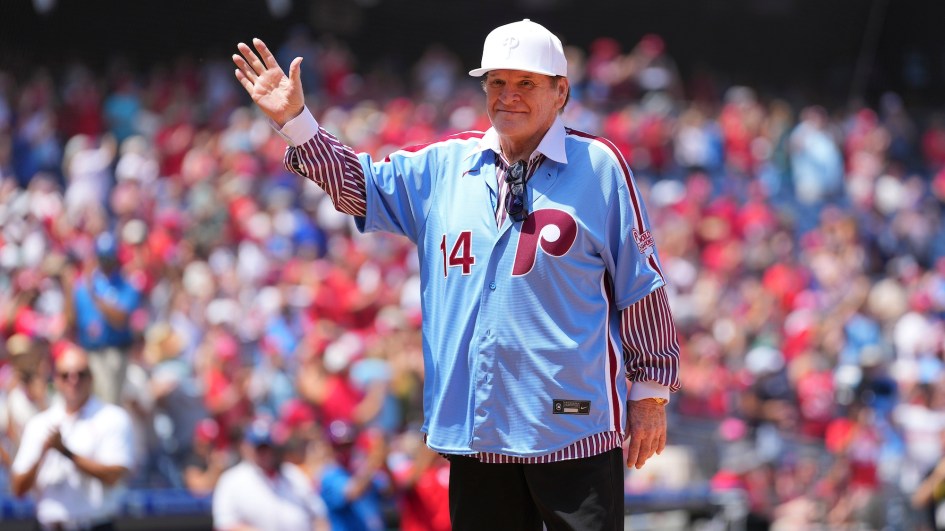Pete Rose and the Tragic Flaw: HBO’s “Charlie Hustle & The Matter of Pete Rose
In the intricate world of sports, there’s always a fascination with the so-called “charming rogue.” But as HBO’s new documentary, *Charlie Hustle & The Matter of Pete Rose*, vividly illustrates, it’s easy to be a rogue—being charming is the real challenge. The documentary dives deep into the life of Pete Rose, a man who has become both the hero and the victim of his own narrative, as he makes what could be his final attempt to gain entry into baseball’s Hall of Fame.
Rose, once one of baseball’s brightest stars, was banned from the sport and the Hall of Fame for betting on games, including those of the team he managed, the Cincinnati Reds. While the act itself is enough to keep him barred, it’s his continued defiance and refusal
The documentary, directed by Mark Monroe, offers a thorough and even-handed analysis of Rose’s life, from his glory days on the field to the long, drawn-out aftermath of his banishment. Monroe wisely includes footage from Rose’s playing days, showing why he earned the nickname “Charlie Hustle.” His relentless drive and competitive fire made him a force to be reckoned with on the diamond, qualities that endeared him to fans and made him a legend.
However, Rose’s story doesn’t end with his baseball achievements. The documentary shifts focus to his post-playing days, where his inability to let go of his past successes becomes evident. Rose had the opportunity to pivot and perhaps find redemption, but instead, he doubled down on his defiance, never fully grasping—or perhaps accepting—the depth of his fall from grace. The film shows how Rose could have made a compelling case about baseball’s modern embrace of gambling and the irony of his continued exclusion, but he fails to connect the dots in a way that might sway the powers that be.
One of the most telling moments in the documentary comes when Rose attempts to liken himself to Jesse James, saying, “Jesse James was a nice guy away from the banks.” The comment reveals a startling lack of self-awareness, as if Rose believes his transgressions should be overlooked because of his contributions to the game. It’s a defense that falls flat, highlighting the disconnect between Rose’s self-perception and the reality of his situation.
The documentary doesn’t shy away from the more unsavory aspects of Rose’s life either, including allegations of sexual misconduct. Yet, even as these issues are presented, the film ultimately circles back to Rose himself, reinforcing that he is both the protagonist and antagonist of his own story. This duality is what makes Rose such a difficult figure to watch—his charisma on the field is overshadowed by his stubbornness and inability to evolve off it.
At 83 years old, Rose’s time to change the narrative is running out. This documentary may very well be the last in-depth look at his life and career. It captures a man who remains steadfast in his belief that he was wronged, even as he alienates those who might have been his strongest advocates. When a Phillies PR person tells him twice to avoid reporters during a team celebration, the irony is palpable. HBO has given Rose a platform to tell his side of the story, but it’s clear that he either can’t or won’t change the script.
In the end, Pete Rose is a man trapped by his own legend. He made himself the hero of his story, only to pivot and cast himself as its victim. And now, as he continues to lean into that narrative, he challenges us to take a side—but in doing so, he makes it increasingly difficult to choose his.
Leave a Reply